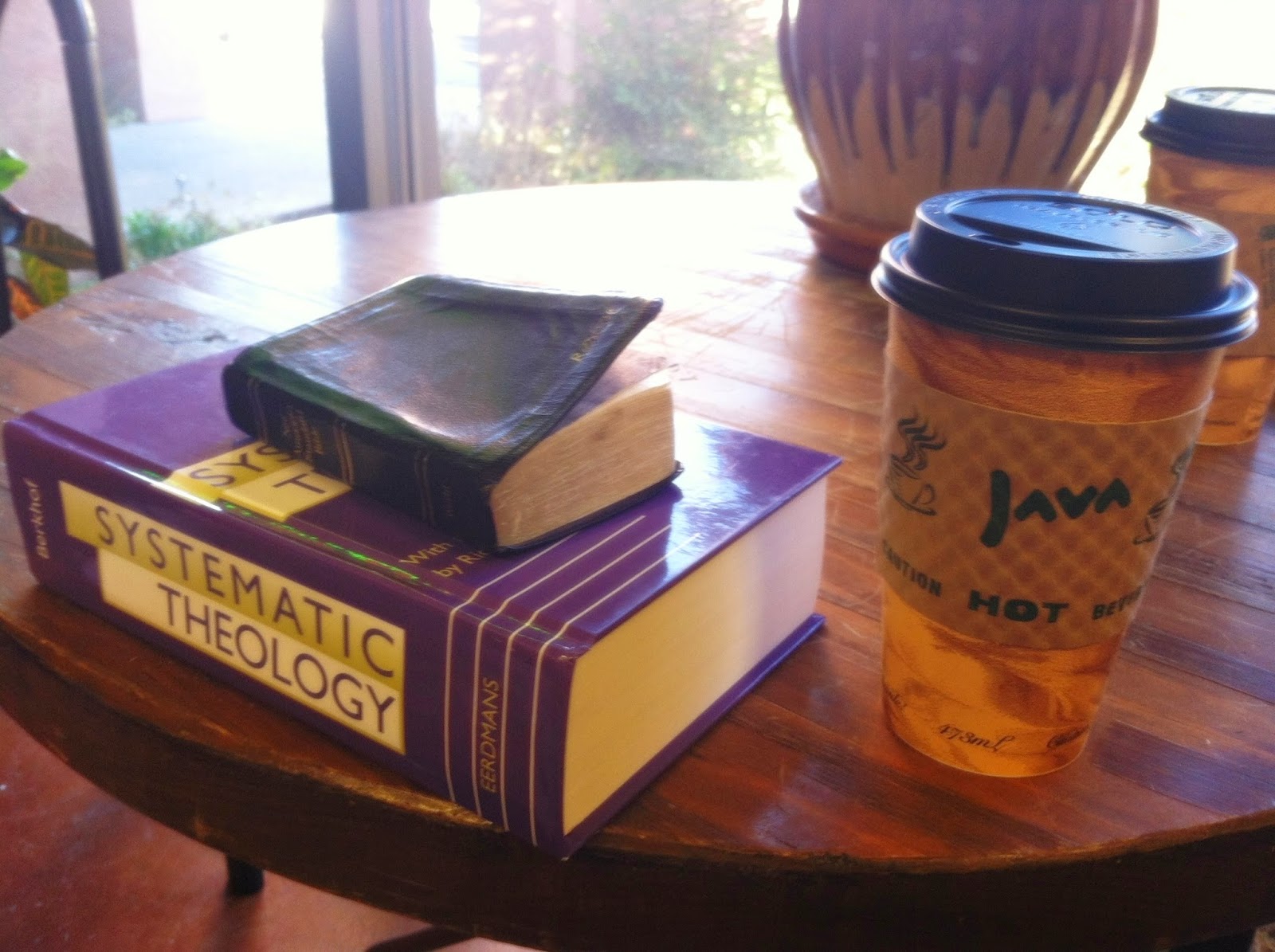“Do not slay them,
lest my people forget;
Scatter them by Your power,
And bring them down,
O Lord our shield.
For the sin of their mouth and the words of their lips,
Let them even be taken in their pride,
And for the cursing and lying which they speak.
Consume them in wrath, consume them,
That they may not be;
And let them know that God rules in Jacob
To the ends of the earth. Selah” (Psalm 59:11-13, N.K.J.V.).
Scatter them by Your power,
And bring them down,
O Lord our shield.
For the sin of their mouth and the words of their lips,
Let them even be taken in their pride,
And for the cursing and lying which they speak.
Consume them in wrath, consume them,
That they may not be;
And let them know that God rules in Jacob
To the ends of the earth. Selah” (Psalm 59:11-13, N.K.J.V.).
When we consider the
frequency of the verb “forget” in the Old Testament, we learn a bit
about it. After the Psalter itself, the verb שכח
occurs most in Deuteronomy (covenant renewed after the passing of a faithless
generation) and Jeremiah (old covenant broken, new covenant promised).
Forgetting is a threat to members of the covenant – the Church. The Psalm prays
that unbelievers be scattered and not immediately judged to counter covenant
unfaithfulness (forgetting).
The presence of hostile
unbelievers as they besiege the camp of believers is sacramental. I’m not
saying it is a sacrament (there are only two, baptism and the Lord’s Supper),
but that it is sacramental (acts similarly to a sacrament). What do I mean by
this?
The Westminster Divines
describe a sacrament as that which makes clear “a visible difference between
those that belong unto the Church, and the rest of the world” (Westminster
Confession of Faith, 27.1) and something to “distinguish them from those who
are without” (Westminster Larger Catechism, Q. 162). Further, sacraments confer
a “grace” which is “the work of the Spirit,” which contains a “word of
institution” or “promise of benefit to worthy receivers” (W.C.F. 27.3). Christ
gives a sacrament “to signify, seal, and exhibit unto those that are within the
covenant of grace the benefits of His mediation, to strengthen and increase their
faith” (W.L.C., Q. 162).
Christ is the lone Mediator
between God and man (1 Timothy 2:5). He is also the eternal Heir to David’s
throne (Luke 1:31,32,68-75; Revelation 22:16). The Psalms not only speak of Him
(Luke 24:44), but as the inspired songs of the Spirit of Christ, they are the
Son’s very prayers.
The Son, then, in Psalm 59,
prays that the besiegers do not immediately find destruction, but are
scattered. It is the Mediator-King’s prayer on behalf of God’s people. This
scattering marks a difference between the Church and the world, since the work
of Christ is not to scatter His people, but gather them (Matthew 24:31//Mark
13:27; John 11:52; 2 Thessalonians 2:1). The scattering of the besiegers also
strengthens the faith of those in the new covenant, preventing their
forgetfulness (Psalm 59:11).
The continual existence of
the enemies of the Church (until the last Day) keeps the Church from lapsing
into apathetic forgetfulness. For now, the serpent is kept from deceiving “the
nations which are in the four corners of the earth, Gog and Magog, to gather
them together for the war” (Revelation 20:8). In this Age, the Church is
gathered and the nations remain scattered by the Psalm 59:11 prayer of the
Mediator-King. He does not outright destroy them – otherwise we would be
tempted to forget the covenant. The scattering of the enemies is our
preservation.
The scattering of the
enemies of the Church also serves the Gospel mission of this Age, for the
Church is created in every generation out of these scattered enemies. “...when
we were enemies we were reconciled to God through the death of His Son”
(Romans 5:10). The Age will one day end. The continued existence of those who
hate the Church is one way Christ preserves our faith (so that we do not forget
our need for Him) and the means by which the Church is propagated (the Church
grows through enemies converted). However, Christ (in Psalm 59:13) also prays
for the coming Day of judgment.
Until that Day, we should
regard the hatred of the world toward the Church as a gracious reminder of
Christ’s sovereign defense and preservation of the Church (the Church outlasts
every nation in history, no matter how mighty or determined to destroy the
Church that nation is). We do not forget (hear the echoes of the “remembrance”
from the Lord’s Supper, Luke 22:19//1 Corinthians 11:24,25) and therefore are
held in the new covenant. The continued existence of those who hate us is Christ’s
preserving grace to us.
“What if God,
wanting to show His wrath and to make His power known, endured with
much longsuffering the vessels of wrath prepared for destruction, and that He
might make known the riches of His glory on the vessels of mercy, which He had
prepared beforehand for glory, even us whom He called, not of the Jews only, but
also of the Gentiles?” (Romans
9:22-24).
Rather than hand-wringing,
give Him thanks and purpose to grow in faithfulness to Him and His mission (to
see some from out of His enemies saved). Instead of scattering (a sign of
judgment from the Mediator-King), let us gather in Him.
“Let us hold fast the
confession of our hope without wavering, for He who
promised is faithful. And let us consider one another in order to
stir up love and good works, not forsaking the assembling of ourselves
together, as is the manner of some, but exhorting one
another, and so much the more as you see the Day approaching” (Hebrews 10:23-25).













